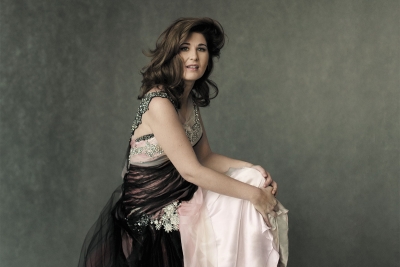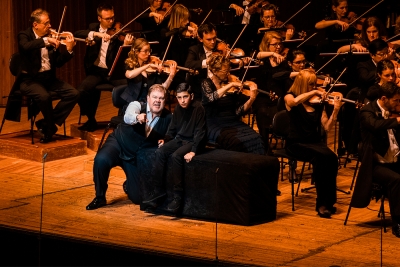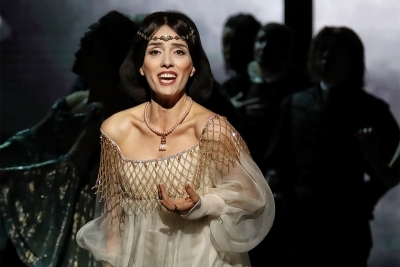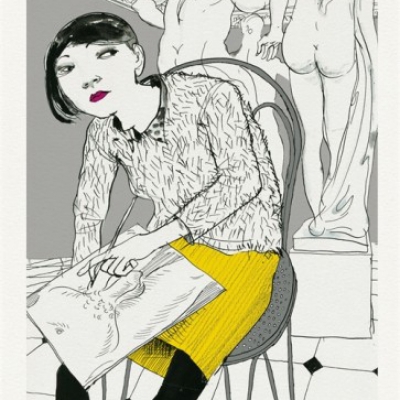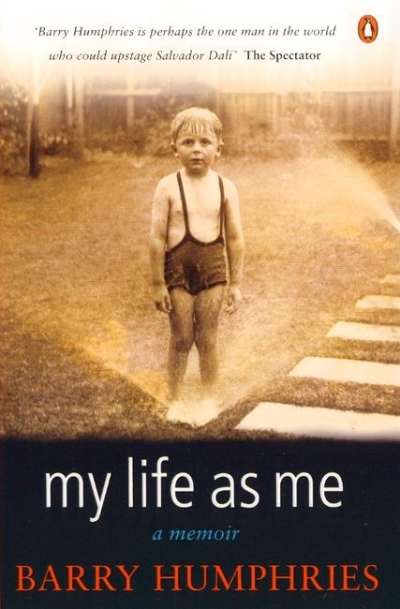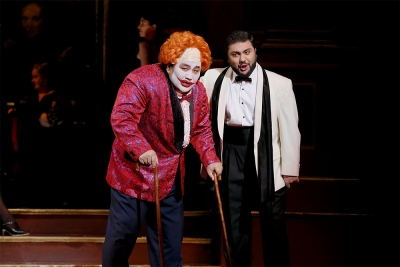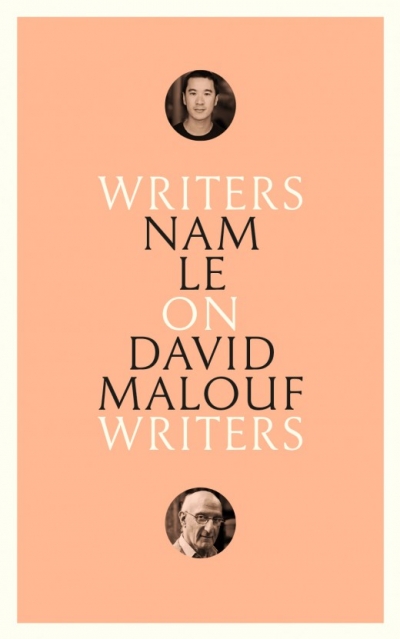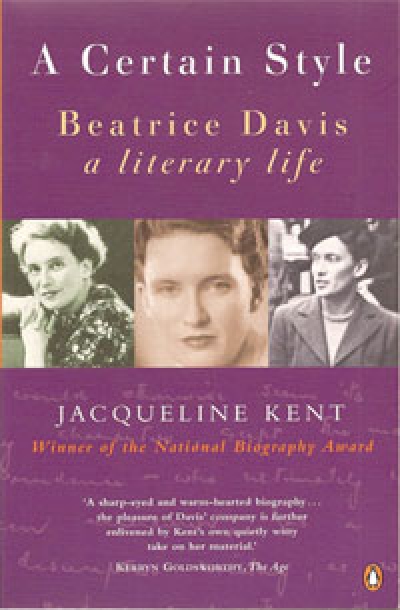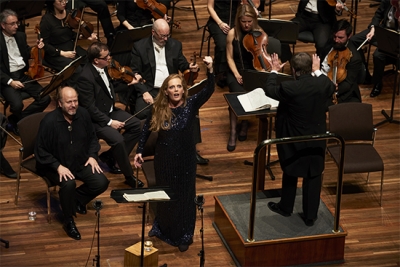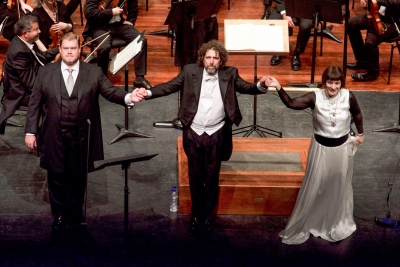Peter Rose

Peter Rose is the Editor and CEO of Australian Book Review. His books include a family memoir, Rose Boys (2001), which won the National Biography Award in 2003. He has published two novels and six poetry collections, most recently The Subject of Feeling (UWA Publishing, 2015).
Difficult it is to imagine the full impact Benjamin Britten’s opera Peter Grimes had on the opening-night audience at Sadler’s Wells Theatre on 7 June 1945, just a few weeks after the conclusion of World War II. Little wonder that the audience, possibly expecting something cheerier from the prodigal wunderkind, sat there in silence for minutes after that subtlest of endings. Joan Cross, direct ... (read more)
Opera Australia – in its present expansionary phase – has hitched its wagon to a digital star in the form of a series of seven-metre-high LED screens. The future moves about on a busy automation system, thus creating a series of new dramatic spaces. Interviewed in the July 2019 issue of Opera magazine, Lyndon Terracini – now in his tenth year as artistic director – extolled the new technol ... (read more)
Few people escape from publishing. Most people, once they get a foot in the door, stay put. Mary-Kay Wilmers has been working in the industry for more than fifty years. She began at Faber & Faber when the company was still dominated by ‘GLP’ (the ‘Greatest Living Poet’ himself, T.S. Eliot, much mentioned in Toby Faber’s epistolary history of Faber). Wilmers, co-founder of the London ... (read more)
When Barry Humphries published his first volume of autobiography, many readers were left wanting ‘More, please’ – avid as gladdie-waving victims during one of his shows; voracious as the greedy polymath himself. After all, he had opened that comic triumph with a credible confession: ‘I always wanted more. I never had enough milk or money or socks or sex or holidays or first editions or sol ... (read more)
Dr Johnson famously defined opera as ‘an exotic and irrational entertainment’, and so it proved on the opening night of Opera Australia’s autumn season – at least until the curtain went up. Lights down, photography admonition underway, conductor due any moment, we became aware of a strange incident in the gloom, as a solitary figure – elderly, well-dressed, seated behind the conductor, c ... (read more)
For more than a decade the world has waited, patiently or disbelievingly, for a second book from Nam Le, author of The Boat (2008), a collection of seven tales that won the young Australian author acclaim throughout the world. Finally, it has arrived. A book-length essay running to about 15,000 words, it may not be what the ravenous world had in mind, but it is seriously interesting – interestin ... (read more)
In September 2018, NewSouth published a new edition of A Certain Style.
On a chilly evening in 1980, a stylish woman in her early seventies, wheezing slightly from a lifetime’s cigarettes, climbed a staircase just beneath the Harbour Bridge, entered a room full of book editors – young women mostly, university-educated, making their way in a newly feminised industry – and proceeded, in her c ... (read more)
Notwithstanding the riches that follow in the final two acts (Wotan’s Farewell, the Ride of the Valkyries, the Todesverkündigung), Act One of Richard Wagner’s Die Walküre offers perhaps the greatest hour of music in German opera. It is ideal for discrete, unstaged performances, and as we know from last week’s sensational WASO Tristan und Isolde in Perth, the pleasures of concert performanc ... (read more)
Nietzsche was in no doubt: Wagner owed his success to his innate sensuality. The philosopher – most influential of the Wagnerites – began to have reservations about his hero in the mid-1870s, around the time of the first Bayreuth Festival (1876), though he never changed his mind about Wagner’s pre-eminence (‘Other musicians don’t count compared to Wagner’). It was Wagner’s decadence ... (read more)

